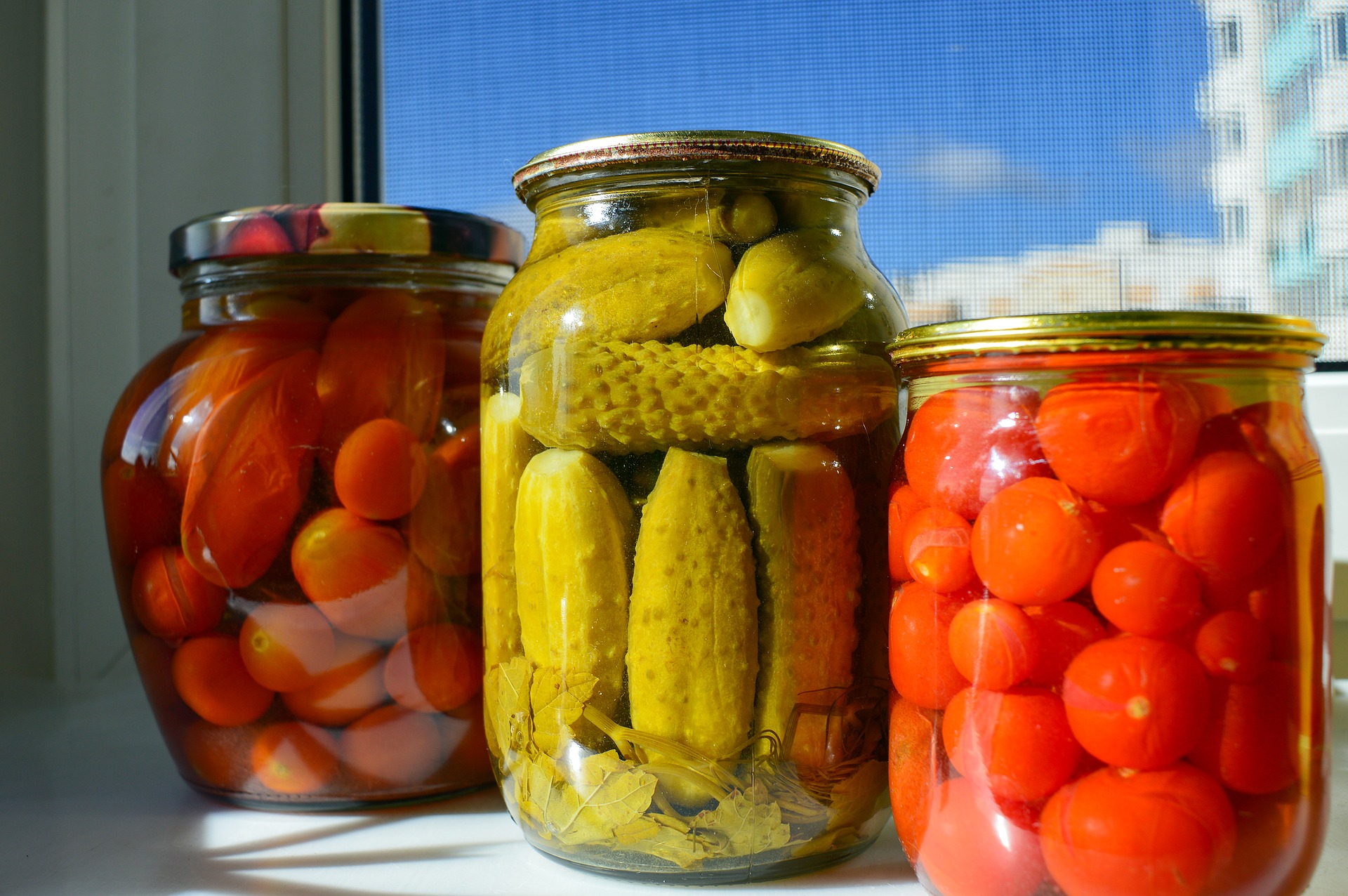
Preparedness
Home > Learn > Self-Reliance > Preparedness
While “preppers” are often viewed as a little “out there”, there is a lot to draw from the concept. The basic premise is “Could you survive if the whole system crashed?”. While this is not the most likely scenario to plan for, we have witnessed supply shortages, power outages, natural disasters, war, terrorism, and many more large scale disruptions in modern times. To think that things of this nature may happen in the future is not too far-fetched. While some factors have been discussed independently in other sections, such as food, water, energy, medical, etc., the preparedness perspective is heavily focused on storage, systems, and skills. Do you have enough food stored for you and your family for an extended period of time? Often 6 months to a year is recommended. This would need to last until the disruption is over or until you can set up a sustainable source independent of your stores. The same is true for medical supplies, tools, defense options, communication methods, household items, and the like. One could also include having animals, gardens, seeds, and edible perennials in the mix.
It must be considered as well that there may be a requirement to change locations. Having a “bug-out” plan is highly recommended. Where would you go? What route would you take? What if that route was not accessible? What if various family members are separated? It is also beneficial to either have a bug-out bag packed and ready in case of an emergency, or at the very least have an idea of what you would want in your bug-out bag that you can pack within minutes and be out the door. The Hollywood idea of having a gun, fake passport, and wad of cash in a hidden compartment or safe is at least a similar concept, even if very incomplete.
DIY Products
While it is very difficult to supply yourself with all the items you use indefinitely, one can reasonable have the ability to supply the basics for an extended amount of time. The items of largest importance would be items of hygiene, food, and construction.
Hygiene products include things like soap, cleaners, shampoo, toothpaste, deodorant, and could even expand to things such as perfume, mosquito repellent, lotions, and the like. These are all things that can be fairly easily made at home with basic, readily available ingredients. Most have just a few base ingredients and then can be customized with essential oils and flavorings. Ingredients such as baking soda, borax, oil, lime, castile soap, essential oils, alcohol, and vinegar can be purchased in bulk and stored for long periods of time. Instead of dealing with the expense and storage issues of all the household products you need and use, consider stocking up on these base ingredients and start familiarizing yourself with how to use them. Even if you only make and use each one time, it is very helpful to learn about the process and have that skill. It can also be a great way to save money and lower your family’s exposure to harsh chemicals.
Food products are another great DIY consideration. Whether you grow your own or buy ingredients (ideally directly or from a farmers market), there are many foods that you can process yourself into a product that will often store longer and be more useful. It also allows you to store up on bulk items such as oil, vinegar, spices, etc. so you are always be ready to convert something into a more helpful form. Fermented foods are a prime example. If you convert cabbage into sauerkraut or cucumbers into pickles or spicy peppers into fermented hot sauce, they will store for a much longer time. This greatly extends how much you can use of your own harvest and how much you can store for the future. It is also typically a decent bit cheaper and allows you to avoid the fillers, sugar, and chemicals found in most food products. Dairy products are another common example, especially for those who supply their milk directly from their homestead or from a local dairy. Cream is extremely easy to get from fresh milk, yogurt and butter are fairly simple to make, and cheeses are very reasonable to tackle if you are up for something a bit more involved.
Construction can be considered on many levels, from small toys to expanding a house. Regardless, having the skills, tools, and materials to are virtually a must for those seeking to be more self-reliant. This doesn’t have to be extensive or specialized though and can simply mean having basic tools (hammer, drill, wrenches, etc.), materials (scrap wood, screws, nails, fencing, etc.), and some miscellaneous items such as tape, glue, primer, etc. Obviously, you won’t be finishing out a basement if all you have are the basics and no access to a store but you will be able to tackle small projects and build things that you need for the homestead. You will also be able to handle larger projects without the need to buy very many things to get started. Examples of great DIY options can include a chicken coop, dog house, furniture, shelves, clothes, jewelry, toys, home decor, etc.